Cybersecurity

Learn how WPI is advancing the field of cybersecurity through cutting-edge research and education programs
From data breaches and cyberattacks to online fraud and identity theft, cybersecurity has become a serious challenge that impacts everyone––citizens, corporations, even government agencies. WPI’s cybersecurity and computer science faculty are not only preparing tomorrow’s leaders to identify and defend against cybercrime, but they are also leading authorities in their own right, lending their expertise to the U.S. government, researching critical issues such as motor vehicle cybersecurity, and developing cyber defense software.
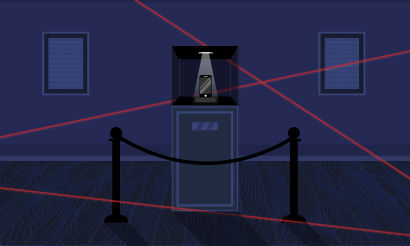
Threats to Smartphone Security
Following the San Bernardino terrorist attack, the FBI, unable to unlock an iPhone owned by one of the terrorists, asked Apple to write new software to allow the agency to defeat the phone’s robust security. Susan Landau, professor of cybersecurity policy at WPI, testified before Congress to explain why providing such “back-door” access could weaken security for all smartphones and harm national security. Instead, she argued, the FBI needs to invest in the people and technology it needs to develop new 21st century investigative methods.
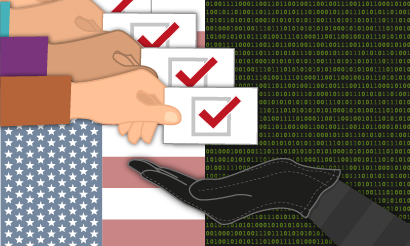
How Secures is Your Vote?
In our increasingly technological world, it’s not surprising that advances that have made smartphones and tablets easier to use would also find their way into voting machines. But modern touchscreen voting machines have worrisome issues, including insecure network connections and a lack of a paper trail, which makes recounts all but impossible. WPI computer science professor and cybersecurity expert Suzanne Mello-Stark explains the risk behind these machines, and how “…the possibility that [an] election could be hacked is not science fiction."
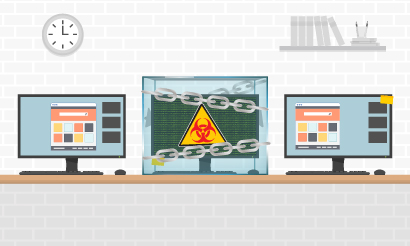
Digital Perimeters of Defense
Companies’ computer networks often have trouble distinguishing between user-generated data and malware actions, inadvertently opening the door for a cyberattack. One of only eight technologies funded by the Department of Homeland Security, software developed by WPI cybersecurity expert and computer science assistant professor Craig Shue aims to prevent attacks on individual computers from spreading through a company’s entire network.
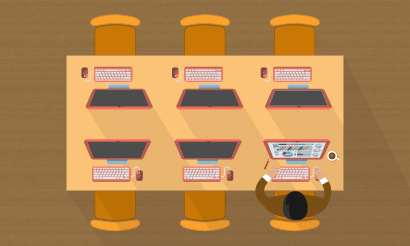
Increased Demand for Cybersecurity
There are over 200,000 unfi lled jobs in the cybersecurity field, so it’s not surprising that underprepared security companies and divisions are having trouble defending against increasingly intricate cyberattacks. To help meet this demand, WPI is a member of the Advanced Cyber Security Center, a Massachusetts-based nonprofi t consortium of academia, industry, and government that runs internships, co-op programs, and other opportunities.

WPI Receives Grant to Train Government Cybersecurity Experts
Demand for cybersecurity professionals is expected to increase 53% by 2018, and universities are working hard to train the next generation of experts. WPI has been awarded over $4.4 million by the National Science Institute to prepare select students to become government security professionals following graduation.
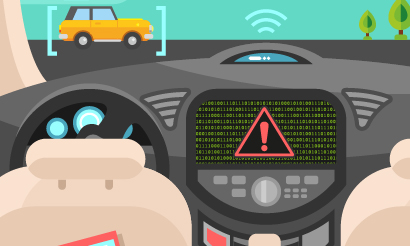
Preventing Autonomous Vehicles from Being Hacked
The vision of self-driving cars is appealing to many, but it comes with a concerning cybersecurity risk. Electrical and Computer Engineering professor Alex Wyglinski worked with two WPI students to demonstrate how easy it is for a vehicle’s radio—and subsequently the rest of the operating system, including brakes and steering—to be hacked, and are developing a system to prevent it.
WPI's Cybersecurity Experts
Andrew Clark
Thomas Eisenbarth
Susan Landau
Suzanne Mello-Stark
Craig Shue
Berk Sunar
Krishna Kumar Venkatasubramanian
Robert Walls
Craig Wills
Alexander Wyglinski
Please contact Colleen Wamback at 508-831-6775, or Andrew Baron at 508-831-5916, to schedule an interview with any of the faculty members listed above.